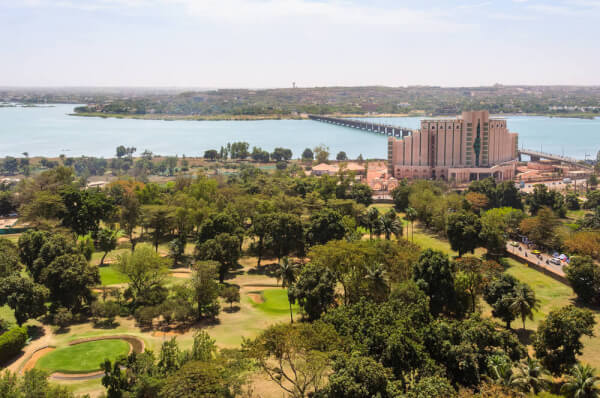Top payment methods in Egypt: A guide on best ways to pay
Learn more about how to pay and explore the top payment methods in Egypt

Wondering what the most popular ways to pay are in Vietnam? Explore the top payment options and choose wisely.
Vietnam, with a population of around 102.16 million people, has a GDP of approximately 490.97 billion, making it the 34th largest economy in the world. The official currency of Vietnam is the Vietnamese Dong (VND).
A rapidly growing, export-oriented economy driven by foreign direct investment in manufacturing (electronics, textiles). It is a member of ASEAN, the CPTPP, and RCEP, with deep trade integration with China, the United States, and South Korea.
| Country | Vietnam |
| Population | 102.16 million |
| GDP (USD) | 490.97 billion |
| Global Ranking | 34th |
| Currency | Vietnamese Dong (VND) |
Physical cash, the Đồng, remains the dominant payment method for the majority of all transactions in Vietnam.¹ However, e-wallets like Momo and ZaloPay are extremely popular and are used for QR payments, P2P transfers, and a vast range of other services.² ³ Bank transfers via the interoperable VietQR standard are also gaining massive traction for their speed and convenience in transferring money directly between bank accounts.⁴
Each country has its own way of moving money, and choosing the right method can sometimes be difficult. That’s why we have curated the most popular and best payment options for you to use in Vietnam.
| Payment method | Description | Type |
|---|---|---|
| Wise | Wise provides international money transfer services. It is known for offering transparent, low-cost currency exchange rates and fast transfers.
Wise uses the real mid-market exchange rate and charges a small, upfront fee, making it a cost-effective alternative to traditional banks for sending money abroad. The platform also offers multi-currency accounts, allowing users to hold and manage money in multiple currencies. | Online/in-person |
| Cash (Vietnamese Đồng) | Cash is the dominant and most deeply entrenched payment method, used for the vast majority of retail transactions across the country.¹ | In-person |
| Bank Transfers (QR Codes) | Bank transfers are extremely popular. It is common to pay for goods online and in-store by scanning a QR code (VietQR) that initiates a fast bank transfer.⁴ | Online/in-person |
| Digital Wallets (MoMo, ZaloPay, ShopeePay) | Digital wallets are very popular, especially among the urban youth. MoMo is a market leader, used for P2P transfers, bills, and a wide array of lifestyle services.² ³ | Online/in-person |
| Cards (Napas, Visa, Mastercard) | The national card scheme is Napas. Cards are used for e-commerce and at formal retail points, but QR transfers are often preferred.⁵ | Online/in-person |
Yes, PayPal is accepted in Vietnam.⁶

Whatever you need to buy during your trip, whether it’s a travel adapter, train ticket or an extra bottle of sunscreen, the Wise Multi-Currency Card has you covered.
You can spend like a local in 150+ countries, as this clever contactless card automatically converts currency at the mid-market exchange rate whenever you spend - for just a small conversion fee.
And for extra convenience, you can add your Wise Multi-Currency Card to your Google Wallet or Apple Wallet. Then you can travel even lighter and pay using just your phone, with no need to pack the physical card.
*Wise is not a bank. The Wise Multi-Currency Card is issued by our sponsor Bank(s), member(s) FDIC. Fees and T&C apply. See https://income-climb.live/a%3E for details.
*Please see terms of use and product availability for your region or visit Wise fees and pricing for the most up to date pricing and fee information.
This publication is provided for general information purposes and does not constitute legal, tax or other professional advice from Wise Payments Limited or its subsidiaries and its affiliates, and it is not intended as a substitute for obtaining advice from a financial advisor or any other professional.
We make no representations, warranties or guarantees, whether expressed or implied, that the content in the publication is accurate, complete or up to date.

Learn more about how to pay and explore the top payment methods in Egypt

Learn more about how to pay and explore the top payment methods in Niger

Learn more about how to pay and explore the top payment methods in Norway

Learn more about how to pay and explore the top payment methods in Sweden

Learn more about how to pay and explore the top payment methods in Belgium

Learn more about how to pay and explore the top payment methods in Denmark